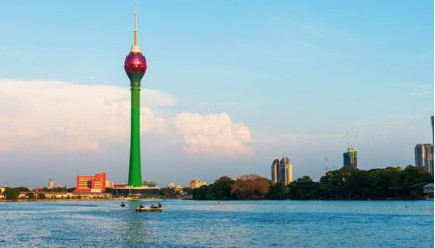Nov 9 (Reuters) – Sri Lanka and Argentina remain very vulnerable amid a worsening in global financial conditions while China has suffered a sharp deterioration in financial resilience since pre-COVID times, a think-tank study found on Wednesday.
The resilience indicator, published by the Washington-based Center for Global Development, assesses which countries would be most economically and financially affected if an external shock were to materialise. It is based on data published by the International Monetary Fund, the World Bank and governments.
For similar articles, join our Telegram channel for the latest updates. – click here
China was found to be “most weakened country” across a sample of 37 countries, having ranked among the top 10 most resilient emerging economies in 2019 and dropping to 18th place in 2023.
Emerging markets were now more vulnerable than in 2019 on an overall basis, economist Liliana Rojas-Suarez wrote in the report.
“The scars of the 2020-2022 shocks that started with the COVID pandemic and the subsequent multiple shocks, such as Russia’s war on Ukraine and the U.S. Fed’s increases in interest rates, are deep and have weakened emerging markets’ economic and financial conditions,” Rojas-Suarez wrote.
A severe shortage of dollars tipped Sri Lanka into its worst financial crisis since independence from Britain in 1948 last year, triggering its first foreign debt default in May 2022.
Argentina is in recession for the sixth time in a decade, with triple-digit inflation and foreign net reserves in the red.
The study also showed that debt sustainability has declined over the last four years across emerging market economies.
“In 2019, only Tunisia, Pakistan, Argentina, and Sri Lanka had ratios of external financing needs above 100%. Now, 12 of the 37 countries we examined, or about one third, are in that position,” Rojas-Suarez said, adding these countries have very large and unsustainable large public debt ratios.
The study calculated external financing needs by measuring short-term external debt plus current account deficits as a proportion of international reserves.
Bolivia, Egypt, Turkey and El Salvador are also on the list of vulnerable countries, while the study shows that Indonesia, Peru and Bulgaria are the most resilient countries in the group.
Subscribe to our Telegram channel for the latest updates from around the world




























































